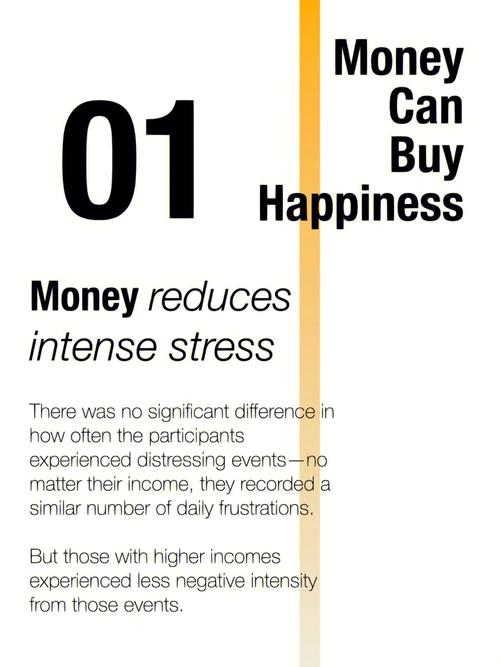Understanding the Mechanics of Game Shows
Game shows have been a staple of television programming for decades, captivating audiences with their blend of entertainment and competition. One of the most enticing aspects of these shows is the promise of winning money. But how exactly do game shows give away money? Let’s delve into the various ways this is achieved.
The Structure of Game Shows
Game shows typically follow a structured format, with rounds that increase in difficulty and reward. These rounds can range from simple trivia questions to complex challenges that require physical or mental prowess. The structure of the game is designed to keep viewers engaged and to provide multiple opportunities for contestants to win money.

Contestant Participation
Contestants are usually selected through auditions or are invited to participate in the show. They compete against each other, with the goal of advancing to the next round and ultimately winning the grand prize. The level of competition varies depending on the show, but the common thread is that contestants must demonstrate their knowledge, skills, or both to succeed.
Trivia and Question-Based Rounds
Many game shows rely on trivia and question-based rounds to determine winners. These rounds often involve a series of questions, with each correct answer earning the contestant a certain amount of money. The difficulty of the questions can range from easy to extremely challenging, with higher stakes attached to more difficult questions.
Physical and Mental Challenges
Some game shows incorporate physical or mental challenges to determine winners. These challenges can be anything from puzzles to obstacle courses, and they often require contestants to demonstrate their agility, strength, or problem-solving skills. In these cases, the money awarded is typically based on the contestant’s performance in the challenge.
Live Audience Participation
In some game shows, the live audience plays a significant role in determining the winner. For example, audience members may be asked to vote for their favorite contestant, or they may be given the opportunity to win money for themselves by participating in a trivia game. This adds an interactive element to the show and can increase the excitement for both contestants and viewers.

Prize Payouts
The amount of money awarded in game shows can vary widely. Some shows offer a grand prize of several thousand dollars, while others offer millions. The payout structure is often tiered, with smaller amounts awarded in earlier rounds and larger amounts reserved for the final rounds. This creates a sense of progression and keeps viewers invested in the competition.
Special Challenges and Bonus Rounds
Many game shows include special challenges or bonus rounds that offer contestants the opportunity to win additional money. These rounds can be anything from a one-time question to a series of tasks that must be completed within a certain time frame. The stakes in these rounds are often higher, as they can significantly increase the contestant’s total winnings.
The Role of Sponsorship
Sponsorship plays a crucial role in the funding of game shows. Companies often sponsor these shows in exchange for advertising exposure. The money provided by sponsors is used to cover the costs of production, prizes, and other expenses. In some cases, sponsors may also have a say in the design of the game or the prizes offered.
The Impact of Technology
Technology has also played a significant role in how game shows give away money. With the advent of interactive television and online platforms, game shows have expanded their reach and provided new ways for contestants to win money. For example, some shows now offer online trivia challenges that can lead to cash prizes.
Conclusion
Game shows have a unique way of giving away money, combining entertainment, competition, and the thrill of winning. From trivia rounds to physical challenges, the variety of ways game shows award money keeps viewers engaged and excited. Whether you’re a contestant or a viewer, the allure of winning money is a powerful draw that continues to make game shows a beloved part of television culture.


